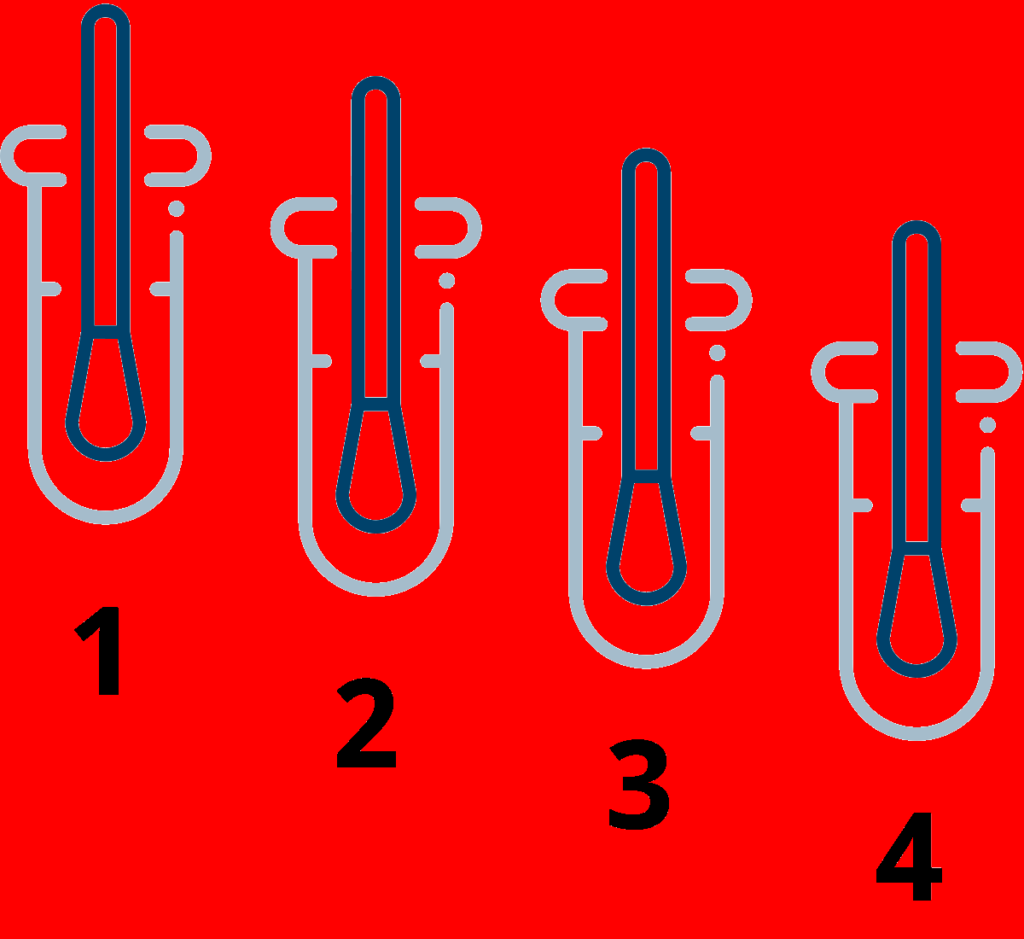
A federal mandate issued by the Centers for Medicare and Medicaid Services (CMS) requires health insurers to either directly cover or indirectly reimburse each insured individual for up to eight at-home over-the-counter COVID-19 rapid antigen test (RAT) kits per month, up to $12 per test. Families on the same insurance plan are eligible for RAT kits on an individual basis, so a family of four would be eligible for eight each, or 32 tests, per month. (See “Free rapid COVID-19 tests available: US government web page, pharmacies”, by Michael Bilow, Jan 18, 2022.)
On its web page, CMS poses the question “Will I have to pay for my test up front?” and then answers it: “The Biden-Harris Administration is strongly incentivizing health plans and insurers to set up a network of convenient locations across the country such as pharmacies or retailers where people with private health coverage will be able to order online or walk in and pick up at-home over-the-counter COVID-19 tests for free, rather than going through the process of having to submit claims for reimbursement.”
In RI, at least, the program is completely failing to work as intended.
Our visits to major chain pharmacies, including CVS and Walgreens, confirmed according to the pharmacists on duty that RAT kits must be paid for up-front by the customer, unless filling a prescription from a health care provider, who can then seek reimbursement from their insurer – but a critical public policy goal of the mandate is to get kits into the hands of as many people as possible with the fewest obstacles. (Both CVS and Walgreens did not respond to our inquiries.) Especially in the case of patients insured by Medicaid, who are by definition poor, requiring up-front payment and then waiting for reimbursement is effectively prohibiting access to rapid tests.
Motif asked CMS about this situation, and we received a reply on Jan 21 from their spokesperson saying “As outlined in our State Health Official letter released on August 31, 2021, the American Rescue Plan Act of 2021 requires states to cover COVID-19 tests, including at home tests. As part of their utilization management, states are permitted to require a prescription for at home COVID-19 tests. Utilization management techniques, including possible prescription conditions, should not establish arbitrary barriers to accessing COVID-19 testing coverage, but could facilitate linking the reimbursement of a covered test to an eligible Medicaid or CHIP beneficiary.”
Acknowledging the obvious difference between COVID-19 test kits and ordinary drug prescriptions subject to “utilization management,” the spokesperson stated, “CMS has also recommended that states issue a standing order for pharmacies for tests, including over-the-counter tests, as opposed to requiring a prescription per person to alleviate beneficiary and provider burden. CMS continues to work closely with states as they operationalize coverage requirements and will provide any needed technical assistance.”
In other words, insurers including Medicaid are allowed to impose massive barriers to access, totally circumventing the public health goals of the CMS coverage mandate. As a practical matter, how many patients will go through the hassle of submitting in some cases multiple-page forms and supporting documentation to seek reimbursement of a $12 item? Even worse, although CMS prohibits Medicaid from assessing co-pay or passing other costs onto poor patients, those often most in need of access to rapid testing are precisely those most unable to pay up-front.
Has RI followed the CMS recommendation to issue a standing order that would function as a general prescription, allowing patients to charge RAT kits directly to insurers when picking them up from pharmacies instead of having to pay up-front and seek reimbursement? Motif asked that question of the RI Department of Health, and spokesman Joseph Wendelken replied on Jan 24, “We don’t have a standing order in place right now, but this is something we are actively evaluating.” That was two weeks ago.
What is RI waiting for?
More Posts by The Author:
News Analysis — Secret Police Records, Secret Arrests, Secret Charges: Brown University police make every effort to escape public scrutiny and accountability
Defending the Electoral College
Halloween 2024 Weather Forecast: Unusually warm but ideal for trick-or-treat
Cannabis Status: Update on expungements, taxes
Existing is a Lot: A “F— Cancer” fundraiser


